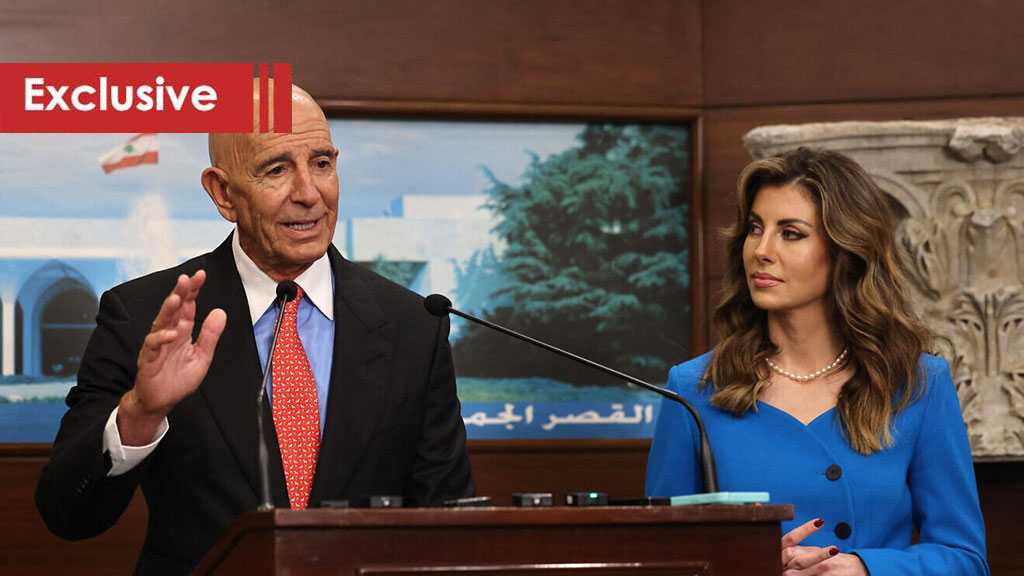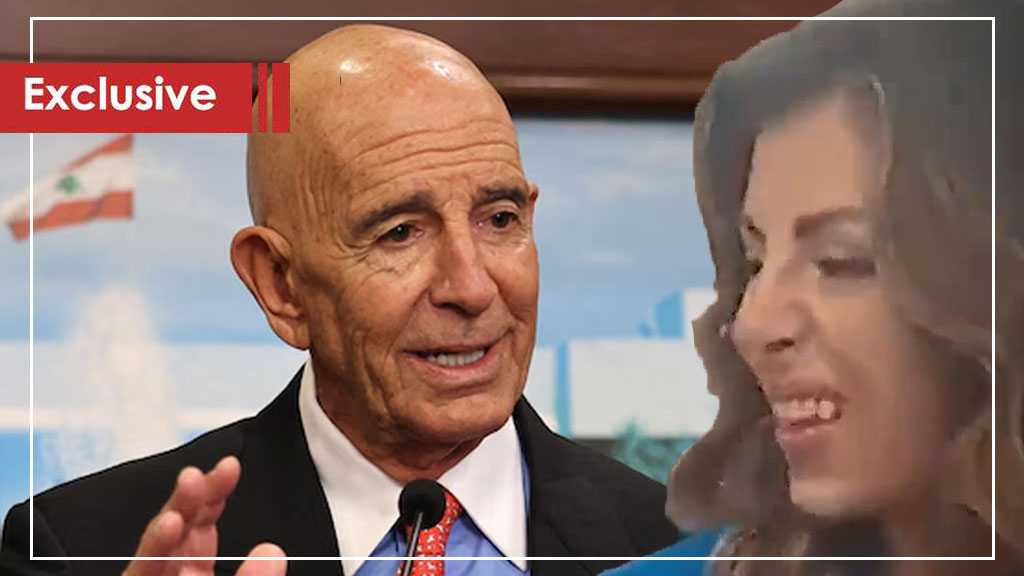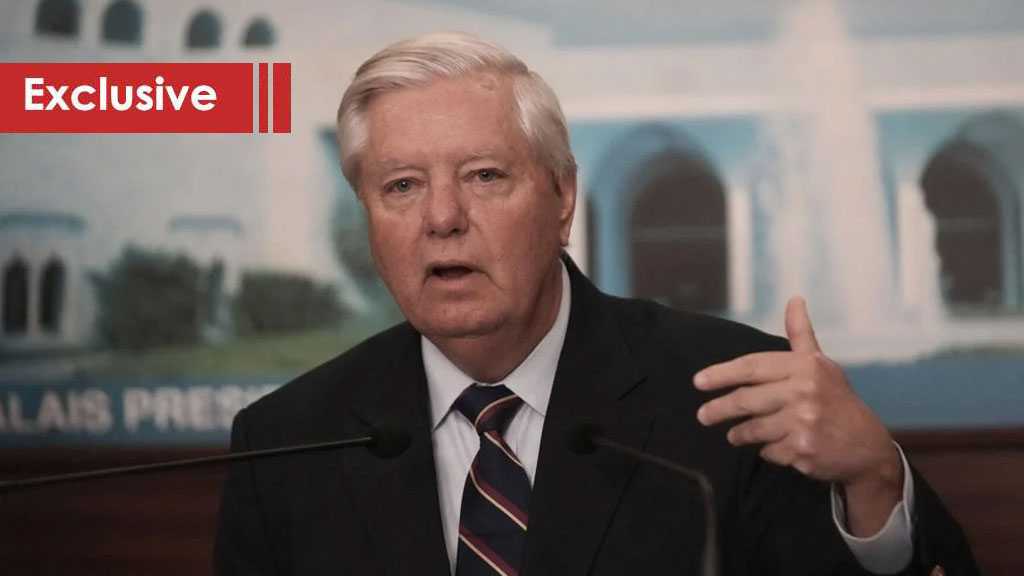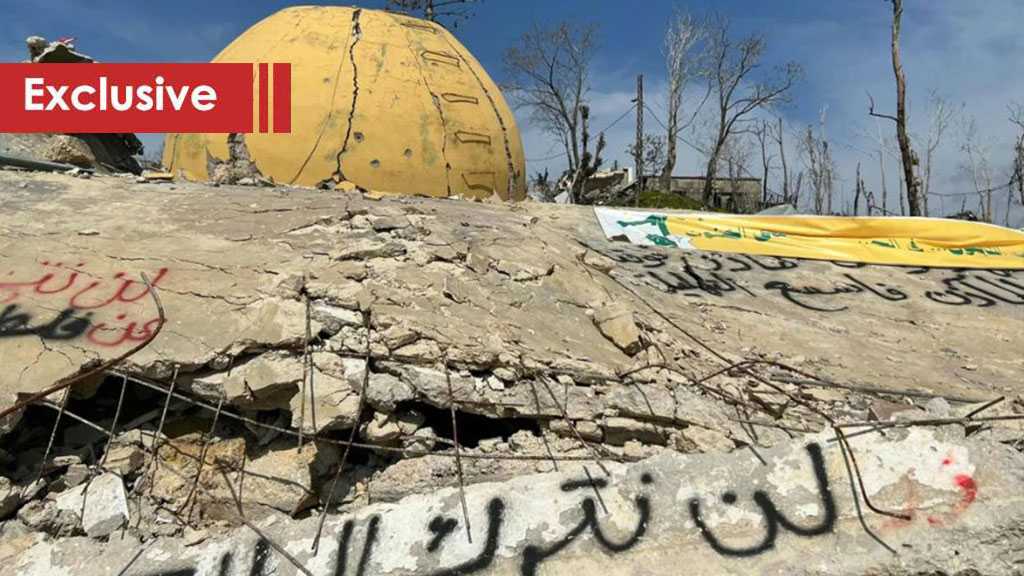Zohran Mamdani, “Israel,” and the Future of New York: A City on the Brink, A Candidate on the Rise

By Mohamad Hammoud
A Historic First in Sight
In the heart of New York City, a political revolution is quietly taking form. If Zohran Kwame Mamdani wins this November, he will become the first Muslim mayor in the city’s history—a milestone for American politics. But his rise is more than symbolic. In a city facing soaring homelessness, rising sexual violence and deepening inequality, Mamdani represents a generational shift: progressive, grassroots and unapologetically defiant of political orthodoxy.
From Kampala to Queens: The Making of a Candidate
Born in Kampala, Uganda, in 1991, Mamdani immigrated to the United States at age seven and grew up in Queens. The son of prominent academic Mahmood Mamdani and acclaimed filmmaker Mira Nair, he graduated from the Bronx High School of Science and Bowdoin College, where he studied Africana Studies. Before entering politics, he worked as a housing counselor and performed as a hip-hop artist—both experiences grounding him in working-class realities.
Mamdani’s political career began in 2020 when he unseated a four-term incumbent in Queens’ 36th Assembly District. Running as a democratic socialist, he won re-election without opposition, quickly becoming a rising star in New York’s leftist political circles. In 2025, he shocked the establishment again—defeating former Governor Andrew Cuomo in the Democratic mayoral primary with a campaign powered not by donors or party bosses but by 10,000 volunteers and over a million door knocks.
A City in Freefall
Despite modest gains in some categories of crime, New York City in 2025 is in distress. While homicides and shootings have dropped to a 30-year low—112 murders in the first five months of the year—the psychological toll of violence persists. Subway assaults continue, and rape reports have surged.
In January 2025, reported rapes spiked by 40%, with 149 cases that month alone. By April, the year-over-year increase had reached 30%, mainly due to broader definitions and enhanced reporting mechanisms. Behind these numbers lies a more profound crisis of long-silenced violence now coming to light.
Meanwhile, homelessness has reached historic highs. As of April 2025, over 108,000 people were sleeping in city shelters nightly—a modern record. When including the “doubled-up” population—those living temporarily with others—the total number of New Yorkers experiencing homelessness exceeds 350,000. Families with children make up the majority of the population. Public housing is crumbling. Shelter systems are overrun. And the cost of rent continues to rise faster than wages.
This is the city Mamdani vows to fix.
“Israel” or New York? A Defining Answer
During the primary, one moment defined the race. In a televised debate, candidates were asked what foreign country they would visit first if elected. One by one, they answered: “Israel.” All except Mamdani, who looked into the camera and said: “New York.”
His answer wasn’t just symbolic—it was political. At a time when the city is unraveling, Mamdani’s refusal to pander to foreign policy expectations spoke to voters desperate for leadership focused on local needs. His grassroots campaign surged with renters, immigrants, students and young professionals who saw in him something long absent from city politics: someone who listens—and fights.
Principles over Politics: Challenging “Israel” and Trump
Mamdani’s position on international issues, especially his criticism of “Israel,” has drawn national attention—and fierce attacks. A practicing Twelver Shia Muslim, he has condemned “Israel’s” treatment of Palestinians as apartheid and repeatedly opposed US military aid that sustains it. President Donald Trump lashed out on social media, branding Mamdani a “dangerous radical” and “anti-‘Israel’ extremist.”
But Mamdani didn’t back down. In a statement that stunned political observers, he declared he would order the arrest of “Israeli” Prime Minister Benjamin Netanyahu if he ever set foot in New York, citing war crimes and human rights abuses. While unprecedented for a mayoral candidate, the statement further galvanized his base and signaled his refusal to follow the party line on foreign policy.
A Platform for the Margins
Mamdani’s political agenda is directly influenced by the crises occurring across the city. He advocates for universal rent control, a rent freeze, and publicly owned utilities to address the affordability crisis. He supports fare-free transit, public grocery stores, and reinvestment in public housing to alleviate pressure on working-class communities. Additionally, he has called for defunding the NYPD and redirecting those resources to mental health services, housing, and community support programs.
On broader economic issues, Mamdani supports Medicare for All, tuition-free public college and the cancellation of student debt. While these policies may seem ambitious to some, they represent essential measures for survival for many New Yorkers. With nearly 1 million Jewish residents and between 600,000 and 1 million Muslims, New York’s changing demographics reflect the pluralism that Mamdani’s candidacy embodies. He has organized public iftars during Ramadan, condemned Islamophobia and consistently elevated voices from communities that City Hall has long ignored.
The Edge of History
Zohran Mamdani now stands at the edge of history. If elected, he would not only break a historic barrier but bring to City Hall a movement grounded in principle, urgency, and solidarity. His critics warn of upheaval. His supporters say upheaval is long overdue.
In a city crying out for leadership—where rape survivors seek justice, the homeless crowd shelters and thousands are priced out of their neighborhoods each year—Mamdani represents something rare in modern politics: conviction.
Whether New York embraces his vision remains to be seen. But one thing is certain: the politics of the past cannot meet the demands of this moment. Mamdani isn’t waiting to be told that. He’s already acting like the future has arrived.




